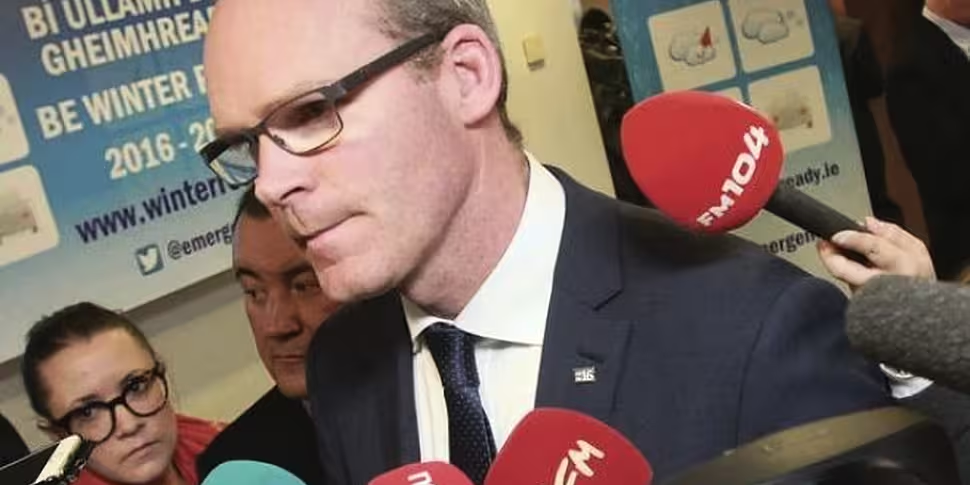The Minister for Housing has denied that the introduction of the government’s Help-to-Buy scheme is contributing to a rise in property prices.
It comes after two reports today highlighted just how quickly house prices are rising throughout the country.
One report, from MyHome.ie warned that we could see double-digit price inflation by the end of 2017.
It found that house prices have risen by over 5% in the first three months of this year – with the annual rate of inflation surging to 9% nationally.
MyHome.ie managing director Angela Keegan told Newstalk that the loosening of Central Bank lending rules and the introduction of the Help-to-Buy scheme have contributed to the increases.
Encouraging development
Speaking to George Hook on High Noon however, the Housing Minister Simon Coveney said the government scheme has encouraged builders to start developing again.
He said the scheme - which is available to first-time buyers purchasing new builds – was only applicable to 2.5% of the homes sold in 2016 and was not responsible for the rises across the board.
The minister insisted that Ireland’s housing crisis comes down to a lack of supply, adding that the available statistics indicate that building is on the rise.
“If you look at all of the measurements, planning permissions are up, commencements are up, completions are up,” he said.
“Activity is ratcheting up, but it is not at a sufficient pace to actually meet the demand.”
He focused on the thousands of vacant properties around the country as a way out of the crisis.
“We have far too many vacant properties in the country – nearly 10% of our housing stock is vacant,” he said.
“If you compare that to the UK it is only 2.5%.
He said there are about 200,000 vacant residential properties in Ireland – after holiday homes are excluded.
Flawed strategy
Fianna Fáil’s spokesperson on housing, Barry Cowen said the government’s entire strategy has been flawed.
He provided a list of measures that he believes the government should have introduced
“The planning and development charges should be reduced across the country,” he said. “The whole area of certification costs as compared to the UK and Northern Ireland have to be addressed too.”
“The whole area in relation to competitive finance and the whole area of VAT and the construction sector should have been addressed too and I think those initiatives together with the demand initiatives that the government have put in place might have had a more positive effect.”
New supply
The Minister of State at the Department of Housing, Planning, Community and Local Government Damien English backed Minister Coveney and denied that the scheme is driving up prices.
“It is not true to say that the Help-to-Buy Scheme has contributed to this price inflation,” he said. “Both reports are saying it might in the year ahead – but we are saying it won’t actually.”
“That scheme is designed only for new supply; only for new houses - all these prices being quoted here today actually are in respect of second hand homes in most cases.”
According to the MyHome report, an Irish home will now set you back an average of nearly €240,000 – an increase of €12,000 on last year.
Dublin houses are still the most expensive at €347,000; while the average home will set you back €235,000 in Cork City and €225,000 in Galway City.
High-Rise builds
Responding this morning, Darren McKinley from Merrion Capital said Irish planning regulations need to be relaxed to allow for more High Rise buildings.
“It is completely out of kilter with other countries in that we don’t have any high-rise apartment blocks in Dublin and therefore we are really going down the channel of higher prices unless the planning regulations are changed,” he said.
He warned that regulations will have to change if Ireland is to avoid another housing bubble.
“I think the biggest is issue that if there is to be a bubble it is very much a function of the poor infrastructure around the city and the lack of high-rise apartment blocks,” he said.
“We also need better infrastructure from Dublin City Centre out to the likes of the airport, Clondalkin, Kildare, Wicklow – that will reduce the commute for individuals and therefore increase the attractiveness of travelling from these areas.”









